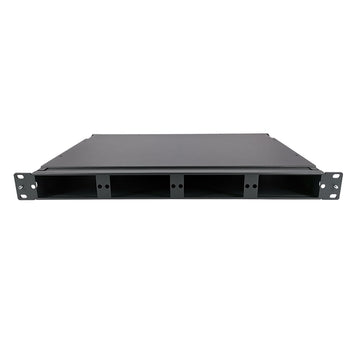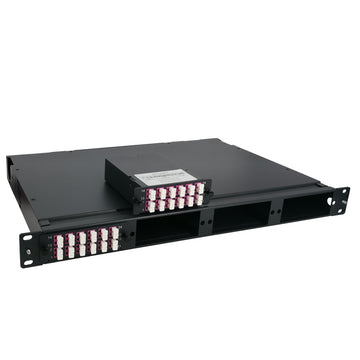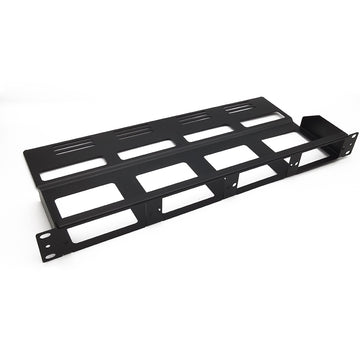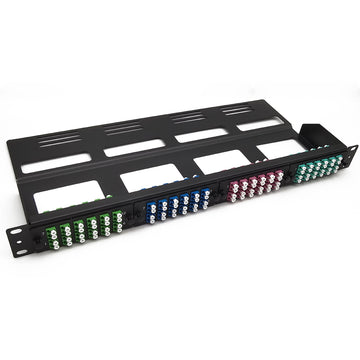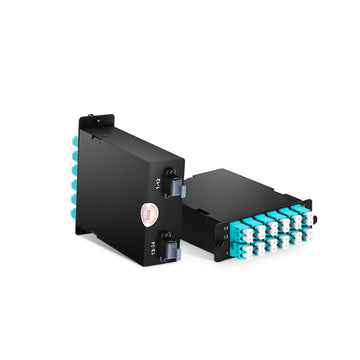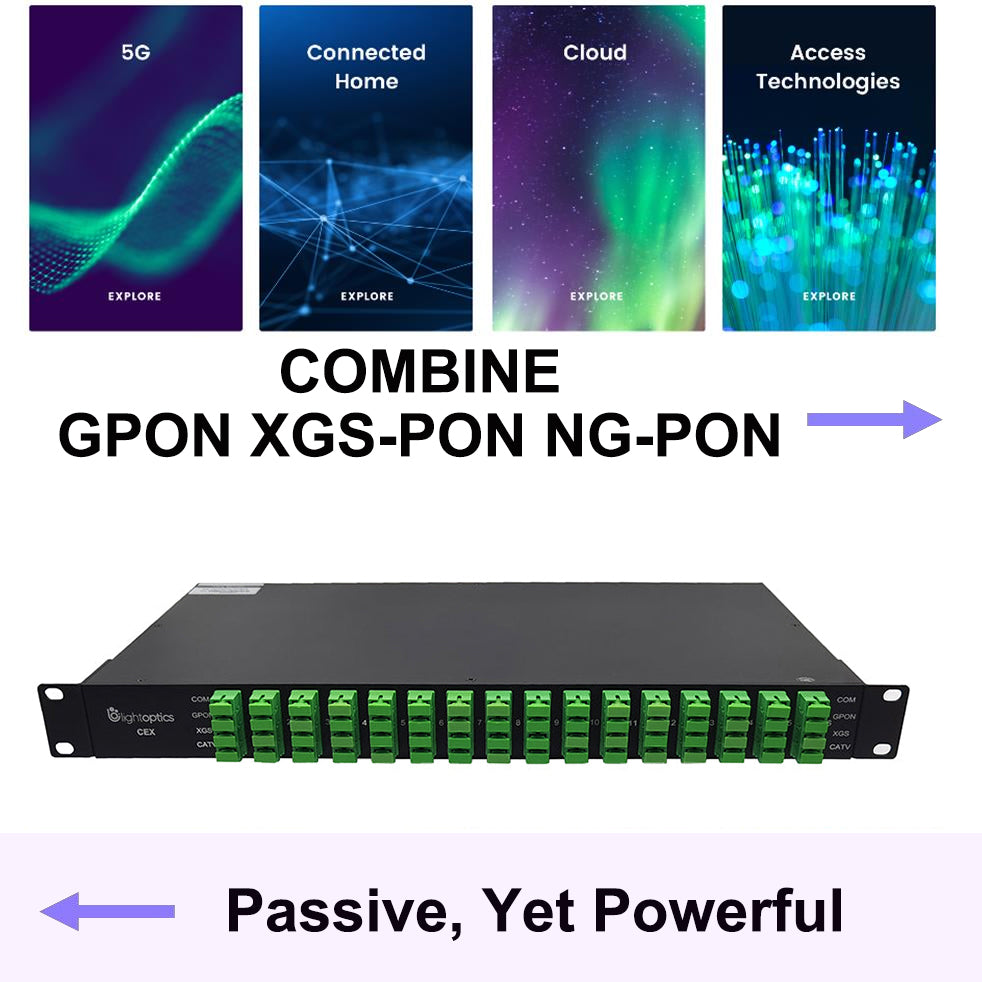What does U/UTP vs F/UTP vs S/UTP vs SF/UTP vs U/FTP vs F/FTP vs S/FTP and SF/FTP mean
Understanding the difference between U/UTP vs F/UTP vs S/UTP vs SF/UTP vs U/FTP vs F/FTP vs S/FTP AND SF/FTP Cables?
When it comes to copper cabling, choosing the level of shielding you want the cable to have can prove a minefield of confusing acronyms and perplexing industry technology. We’ve put together this handy guide to help you understand the meaning of some of the most common terms.

The shielding inside your cable acts as a barrier to protect the cable from electromagnetic interference (EMI), radio frequency interference (RFI) and crosstalk between pairs and adjacent cables. It also prevents the signal from the cable interfering with surrounding equipment. The various levels of shielding offer a range of different advantages suitable for a number of applications.
U/UTP Cable: UNSHIELDED TWISTED PAIRS
Also known as UTP, this is currently the most common and basic method of cable construction, consisting of pairs of wires twisted together. There is no shielding, instead the symmetrical twist in the wires create a balanced transmission line, helping to reduce electrical noise and EMI. In addition, the different twist rates of each pair can be used to reduce crosstalk. In higher category cables, a cross-web filler may be found separating the individual pairs to help reduce alien crosstalk from adjacent cables.
F/UTP Cable: FOILED WITH UNSHIELDED TWISTED PAIRS.
Often referred to as FTP, this type of cable features an overall foil shield wrapped around unshielded twisted pairs and a drain wire. When the drain wire is correctly connected, unwanted noise is redirected to ground, offering extra protection against EMI/RFI.
S/UTP Cable: SHIELDED WITH UNSHIELDED TWISTED PAIRS.
This cable construction has an overall braid screen with unshielded twisted pairs. This cable is often referred to as an STP, however this term should be used with caution due to other shielded cables also using this term. Always check whether the cable will have any shielding and whether individual pairs have their own shield. The cable is capable of supporting higher transmission rates across longer distances than U/UTP and provides better mechanical strength and grounding due to the braid.
SF/UTP Cable: SHIELDED AND FOILED WITH UNSHIELDED TWISTED PAIRS.
This cable has both an overall braid shield and foil shield with unshielded twisted pairs. This cable offers effective protection from EMI both from the cable and into the cable as well as much better grounding due to the additional braid.
U/FTP Cable: UNSHIELDED WITH FOILED TWISTED PAIRS
This type of cable has no overall shielding but the individual twisted pairs are wrapped in a foil screen, offering some protection from EMI and crosstalk from adjacent pairs and other cables.
F/FTP Cable: FOILED WITH FOILED TWISTED PAIRS
This type of cable features an overall foil shield with individually foil tape shielded twisted pairs. These are similar to F/UTP cables, with the addition of a foil shield around each twisted pair. The cable construction is designed to provide the assembly with greater protection from crosstalk from adjacent pairs and other cables, RFI and EMI.
S/FTP Cable: SHIELDED WITH FOILED TWISTED PAIRS
Similar to F/FTP, the individual twisted pairs are wrapped in a foil tape before being wrapped in an overall flexible yet mechanically strong braid screen. The additional foil on the twisted pairs helps to reduce crosstalk from adjacent pairs and other cables. The braid provides better grounding.
SF/FTP Cable: SHIELDED AND FOILED WITH FOILED TWISTED PAIRS
Offering the maximum protection from RFI/EMI, crosstalk and alien crosstalk, this cable has both an overall braid shield and foil shield, with individually foil tape screened twisted pairs. This type of cable provides the best level of protection from interference and better grounding due to the braid.
